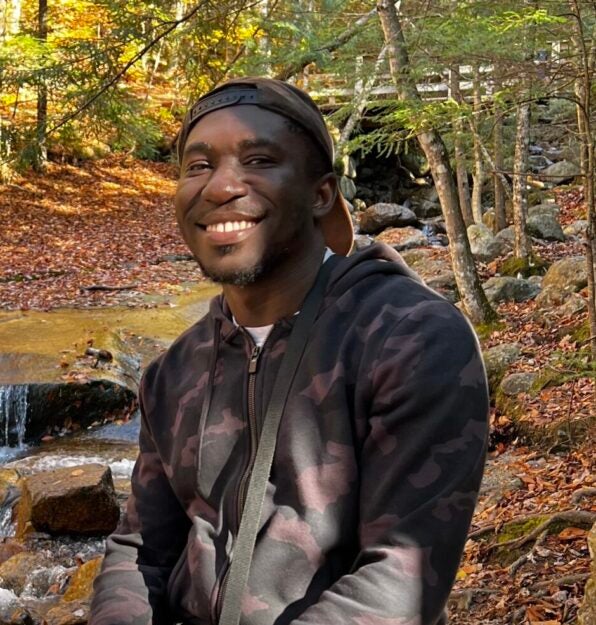When did you join the HSIL and what’s your role?
I joined the Lab at its inception in August 2021 as part of the core team and have been privileged to have been working here since then. I currently serve as a Research Associate and a Teaching Fellow in Global Health Systems and Health Innovation.
Can you tell us more about your work?
My work transcends the streams of Research, Teaching, and Innovation/Translation. I have led projects on Type 1 Diabetes (T1D) that involved designing scoring systems for T1D Health Systems Performance for several countries across Southeast Asia and Sub-Saharan Africa. This work also involved a global scoping review of T1D registries and T1D policy development. Other areas I have worked in include designing Impact Evaluations for Health Systems using longitudinal data.
I also work as a teaching fellow for Global Health Systems and Health Innovation, which involves a lot of interactions with students and faculty at the Harvard Chan School. Finally, I have led the design and implementation of two major health systems hackathons across Southeast Asia and Sub-Saharan Africa.
I am currently involved in a large-scale global study assessing cardiovascular (CVD) risk factors for CVD risk and Health Systems Performance and a study qualitatively assessing factors that impact the T1D care cascade across 11 countries in Sub-Saharan Africa.
Finally, I am one of the many faces behind the HSIL website and Social Media accounts.
Can you tell us more about your background?
I graduated from medical school at the Kwame Nkrumah University of Science and Technology, Ghana in 2015 and worked as a physician in two major health systems across five distinct medical specialties, including Anesthesiology. I then pursued a Master’s in Public Health Education and Promotion at the same university, after which I pursued a second Master’s in Public/Global Health at the Harvard Chan School with a presidential scholarship.
Through this time, I worked with colleagues to set up two non-profits, aHnonymous GH and Books for Him & Her, to address the inequitable access to Sexual and Reproductive Health and HIV resources for young children in my Ghanaian community. I have also been a Cheng Fellow at the Social Innovation + Initiative at the Harvard Kennedy School and a Rose Service-Learning Fellow at the Harvard Chan School. These experiences served as the foundation for my Global Health Interest in addressing issues of equity and health disparities for less-resourced communities.
Why did you decide on working in global health systems/healthcare innovation?
I was always adored studying issues that assessed the broader social and contextual factors relating to health. In high school, my favorite subject was social/community studies, as it was in medical school. For me, it felt like a natural progression to transition into public/global health and health systems, notably when an encounter with a patient led me to be involved in designing innovative solutions to address HIV and Sexual Health.
I find that I genuinely derive joy in working on issues of global health importance, addressing health disparities through health innovation. Working at the Health Systems Innovation Lab gives me the perfect opportunity to intersect my prior experiences, current abilities and interests, and future goals.
What do you like most about your work and the team?
The best part about working with my current team has been the massive individual growth I have observed over the past couple of years. I am privileged to work closely with Professor Rifat Atun, students, and other team members, who are highly dedicated to initiating and completing lab projects across several streams. I am also impressed with the diversity in the Lab and the opportunities that my work affords me daily to make an impact, however small, in improving the life of someone, somewhere, through a research publication, educational event, or translational activities.
What are your goals for your time at the Lab?
My time at the Lab has shaped me in several unimaginable ways. I aim to use the rest of my time at the Lab to improve my quantitative skills to supplement my qualitative abilities. I also aim to develop social and leadership skills for managing large-scale health systems at a global level through clinical and public health work.

